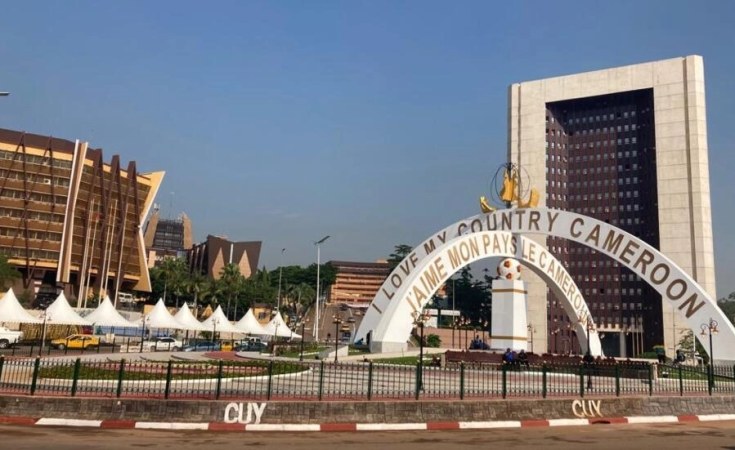Yaounde — Francophone lawmakers from about 30 African states are meeting in Cameroon's capital, Yaounde, to find a solution to the political instability in French-speaking African nations -- including a string of recent coups, security threats and popular discontent. The lawmakers say among the solutions to the growing crisis are dialogue, a return to democratic principles and an end to foreign influence.
The 150 lawmakers, members of the African region of the Parliamentary Association of the Francophonie, or APF, say many Francophone African countries have suffered deep political and economic instability and security threats.
Within the past four years several former French colonies in which France continued to wield political influence experienced military coups or takeovers, including Niger, Burkina Faso, Guinea, Mali, Gabon and Chad.
The group says besides military takeovers French-speaking African states also have a record of long serving leaders.
Cameroon President Paul Biya has ruled for 41 years. Theodoro Obiang Nguema from neighboring Equatorial Guinea has been in power for about 45 years and Denis Sassou Nguesso has ruled the Republic of Congo for 38 years. Nguesso first came to power in 1979 and served until the 1992 election when he finished third. He took power again as a militia leader after a four-month civil war in 1997 and has been president since then.
Canada-born Francis Drouin is the president of the Parliamentary Association of the Francophonie.
Speaking in Yaounde on Wednesday, Drouin said young people in French-speaking African countries complain that political instability remains high, and civilians are disgruntled because their freedoms are suffocated by long serving leaders and military governments. He said poverty, the absence of democracy and security threats plunge civilians into suffering and misery.
Drouin says the region's youths yearn for the freedom to participate in decision-making.
Lawmakers attending the conference said Senegal distinguishes itself as an example of democracy after the country's March 24 presidential elections, in which incumbent President Macky Sall was defeated by 40-year-old Bassirou Faye, whom the lawmakers say is a young man with new perspectives.
The lawmakers say France's influence on its former African colonies is a source of concern among young leaders who want to take control of their national issues.
Djelassem Donangmbaye Felix is a political analyst and coordinator of A New Day, one of Chad's opposition political parties. He is critical of the presence of French troops in former French colonies. He spoke to VOA via a messaging app from Chad's capital N'djamena Wednesday.
Djelassem said French troops present in Africa either protect leaders loyal to France or destabilize governments that stand against France's overbearing influence. He said that is the reason Chad's opposition and civil society in December 2023 asked France to immediately withdraw troops who arrived in the central African state after being ordered to depart neighboring Niger by that country's military junta.
Niger officials accuse France of failing to resolve the security crisis that has killed thousands and displaced millions across Niger.
Djelassem said French troops stationed in Chad have never assisted Chad's government to fight armed groups and rebels destabilizing the central African state.
France has not responded to the accusation. But in March, Jean-Marie Bockel, French President Emmanuel Macron's envoy for Africa, said after a meeting with Chad's President that France will keep its troops in Chad. He said the troops will assist in fighting jihadists in Burkina Faso, Mali and Niger.
Angola and Sao Tome and Principe are attending the conference as observers. The lawmakers say permanent dialogue with military leaders and long serving rulers can pave the way for improved political, economic, social and cultural lives in French- speaking African countries.


